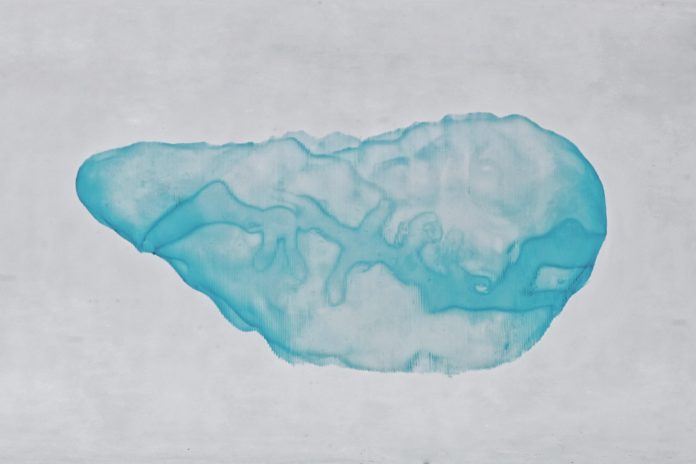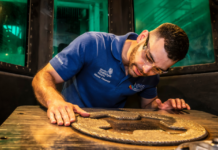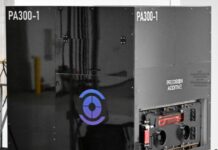
Readily3D is one of the two companies that is currently commercializing a volumetric 3D printer. A lot has happened for the company ever since it took part in the dossier “Volumetric 3D Printing: From Research To Commercialization” discussed in the 2021 January/February issue of 3D ADEPT Mag. The company has been involved in various projects including ENLIGHT that is already bearing fruits.
The ENLIGHT project gathers a multidisciplinary team that consists of Readily3D (Switzerland), Ecole Polytechnique Fédérale de Lausanne and ETH Zürich (Switzerland), the University of Naples Federico II (Italy), AstraZeneca (Sweden), Rousselot (Belgium), and Fondazione Giannino Bassetti (Italy); their ultimate goal being to develop the first working tissue model within three years.
Readily3D’s expertise is crucial for this research program as the manufacturer of bioprinters would work on adapting its volumetric printing technology to the particular needs of pancreatic structures. In this case, this would mean to develop a living model of the pancreas for testing new drugs.
In this vein, the team has recently shared how they developed a novel system that can print biological tissue in just 30 seconds.
First, you see it as a transparent shape on a computer screen – a small electronic replica of the human pancreas. Then just 30 seconds later the tissue is printed out on a bioprinter, blood vessels and all, from a sample of human stem cells.
The pancreas is a vital organ located just behind the stomach. It serves several functions, such as producing enzymes and bicarbonates essential for digestion and secreting a variety of hormones – including insulin, which is the hormone that regulates blood sugar levels. As a result, pancreatic disease often leads to diabetes since the damaged cells can no longer produce the insulin the body needs.
Over 450 million adults around the world suffer from diabetes, including 60 million in Europe. In Switzerland, 4.4% of the population reported in 2017 having been diagnosed with the disease. And the number of patients is growing worldwide. Diabetes is the second-leading cause of amputation (behind accidents) and increases the risk of a heart attack or stroke by a factor of eight and of kidney failure (requiring dialysis) by a factor of nine. Diabetes is also the leading cause of blindness among adults.** Methods for improving diabetes diagnosis and treatment could thus bring major benefits to public health.
A first step
The bioprinting technology developed at EPFL uses a biological gel containing a patient’s stem cells. A laser is applied to the gel to solidify it through polymerization. The location and intensity of the laser beam can be controlled in order to solidify only those areas of the gel needed to form the desired tissue. “One of the main advantages of our method is that it can create tissue in a single block, making it particularly useful for printing soft tissue like organs,” says Paul Delrot, the CTO of Readily3D.
There are numerous benefits to bioprinted tissue. It can be tailor-made since it’s created from a patient’s own stem cells, and it eliminates the need to conduct animal testing. “What’s more, patients won’t have to try out an array of drugs, some of which may have unpleasant side effects, before finding the right one for them,” says Damien Loterie, the CEO of Readily3D.
“Developing a system that can print 3D tissue at the cubic centimeter scale and faithfully replicate the functioning of a live pancreas is a huge challenge, which we hope to meet with this technology,” says Christophe Moser, the head of LAPD. Their technology could also one day be used to bioprint other kinds of tissue for developing treatments for cancer, for example, or eventually for producing transplant organs.
Remember, you can post job opportunities in the AM Industry on 3D ADEPT Media free of charge or look for a job via our job board. Make sure to follow us on our social networks and subscribe to our weekly newsletter : Facebook, Twitter, LinkedIn & Instagram ! If you want to be featured in the next issue of our digital magazine or if you hear a story that needs to be heard, make sure to send it to contact@3dadept.com





